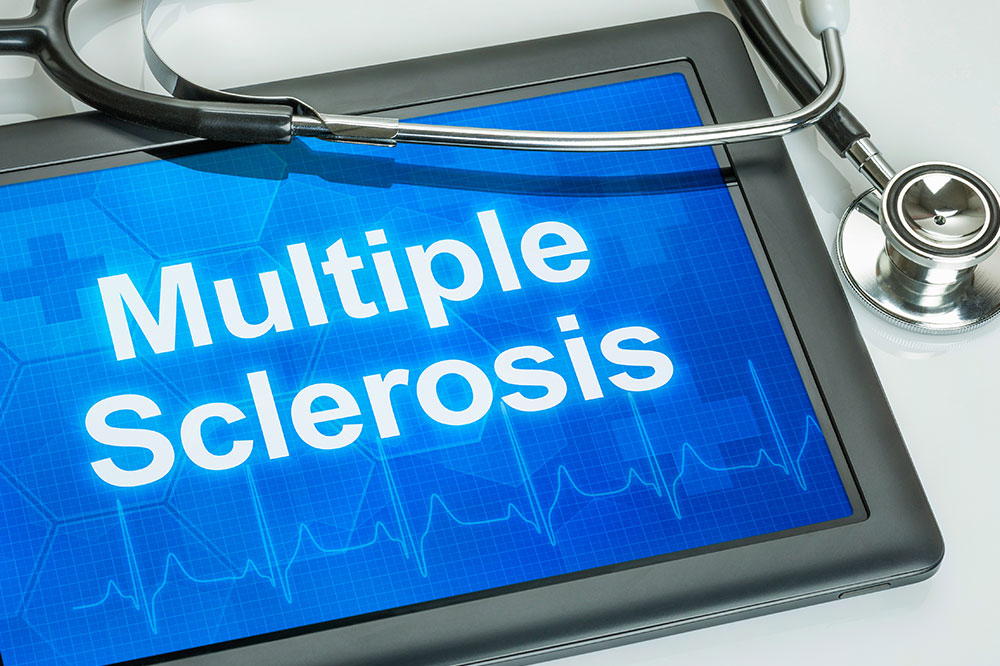
Multiple Sclerosis – Common Causes and Symptoms
Multiple sclerosis is a typically disabling spinal cord and brain disease. In this disease, the immune system tends to attack the myelin sheath, which envelopes the nerve fibers. Consequently, there are communication hassles between the brain and the rest of the body.
Here, in this guide, we will study the causes and symptoms of MS:
Causes of MS
As such, there is no clarity on what causes MS. However, the key risk factors are given below:
1. Age
Typically, the diagnosis of MS happens between the age of 20 and 40 years. People in this age bracket are more likely to get the condition.
2. Sex
Most MS forms are dominantly seen in women more than men. Women are four times more likely to get the condition as compared to men.
3. Genetic factors
The risk of MS may also be inherited in the genes. However, scientists believe that environmental factors also trigger the gene, resulting in the development of MS.
4. Smoking
People who smoke have a greater risk of developing MS. In fact, those who smoke have worsening disease progression.
5. Infections
Exposure to certain viruses, such as mononucleosis or Epstein-Barr virus, can also aggravate one’s risk of developing MS. Other viruses, such as mycoplasma pneumonia and human herpesvirus type 6, also heighten one’s risk.
6. Vitamin D deficiency
MS is prevalent in people who have limited sunlight exposure, which is mandatory for creating vitamin D in the body. Reduced vitamin D levels have a direct impact on immunity.
7. Vitamin B12 deficiency
This vitamin is responsible for myelin production. The dearth of it might become the cause of MS.
Symptoms of MS
Some key signs associated with MS are listed below:
1. Vision problems
Vision issues are the primary sign of MS. MS results in inflammation, which impacts the optic nerve, and tends to disrupt vision. It can result in blurry vision or loss of vision. In some cases, the patient might experience double vision or eye movement problems.
2. Tingling and numbness
Numbness and tingling sensations are the two key alarming MS signs. It may be experienced in fingers, legs, arms, and face.
3. Pain and spasms
Involuntary muscle spasms and chronic pain might also result in MS. This might be neuropathic pain. Muscle spasms or stiffness are also experienced. Patients may also feel the painful, uncontrollable jerking movements in the legs. Back pain is also prevalent.
4. Slurry speech
In the later stage, the patient may experience slurred speech. There may also be some difficulty in swallowing.
5. Fatigue and weakness
Several people living with MS tend to experience incomprehensible weakness and fatigue.
6. Balance issues and dizziness
Issues with balance and coordination, and dizziness can hamper the mobility of someone with MS. Consequently, you may experience some problems with your gait. Often people with MS experience dizziness. They may feel lightheaded, and it may appear as if their surrounding is spinning.
7. Bowel and bladder issues
MS may also result in bladder and bowel issues, such as difficulty holding urine, frequent and intense urge to pee, urinating more than usual, and inability to empty the bladder. These symptoms are easy to manage. However, some people even experience symptoms, such as diarrhea, constipation, and loss of bowel control.


